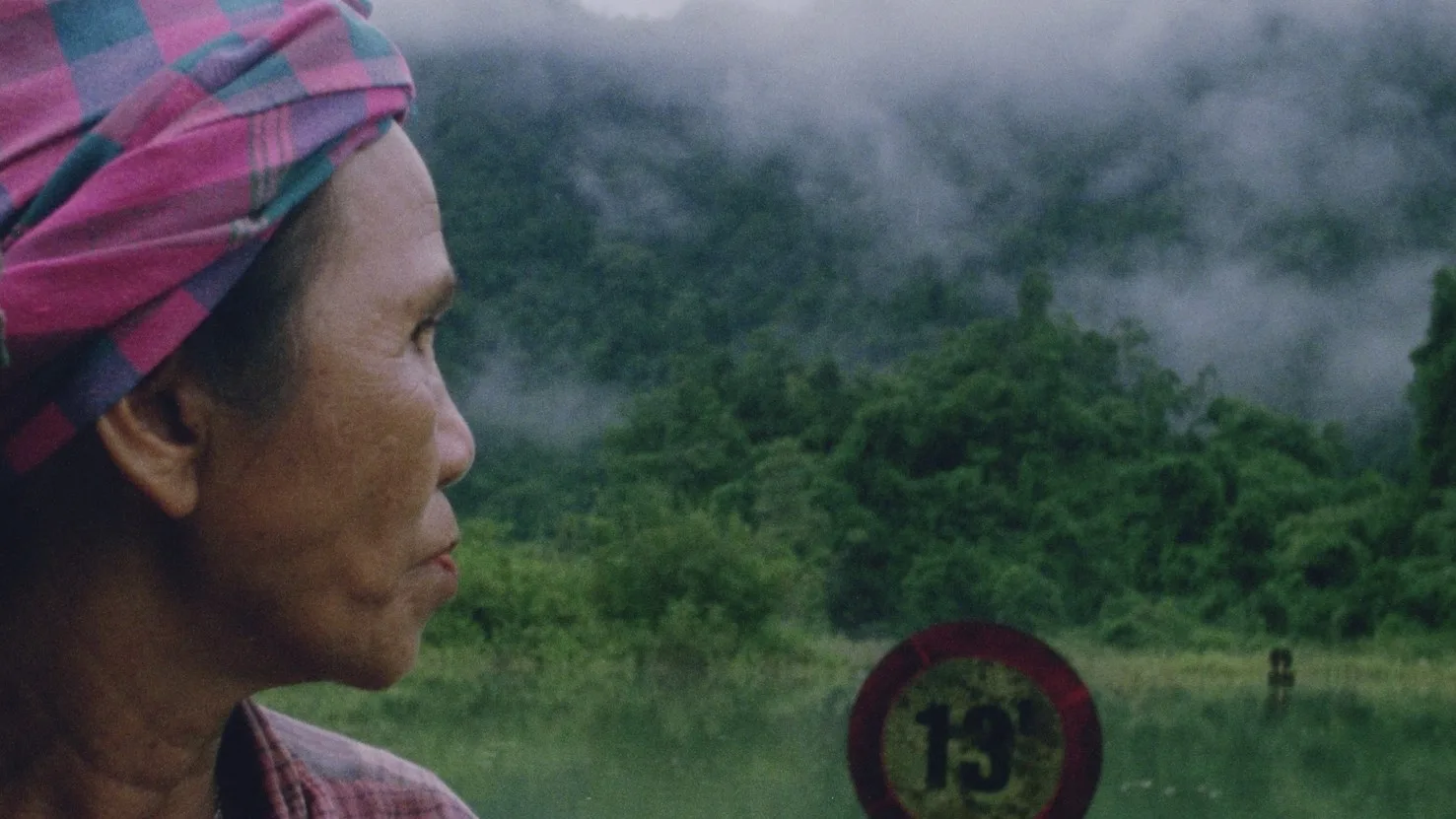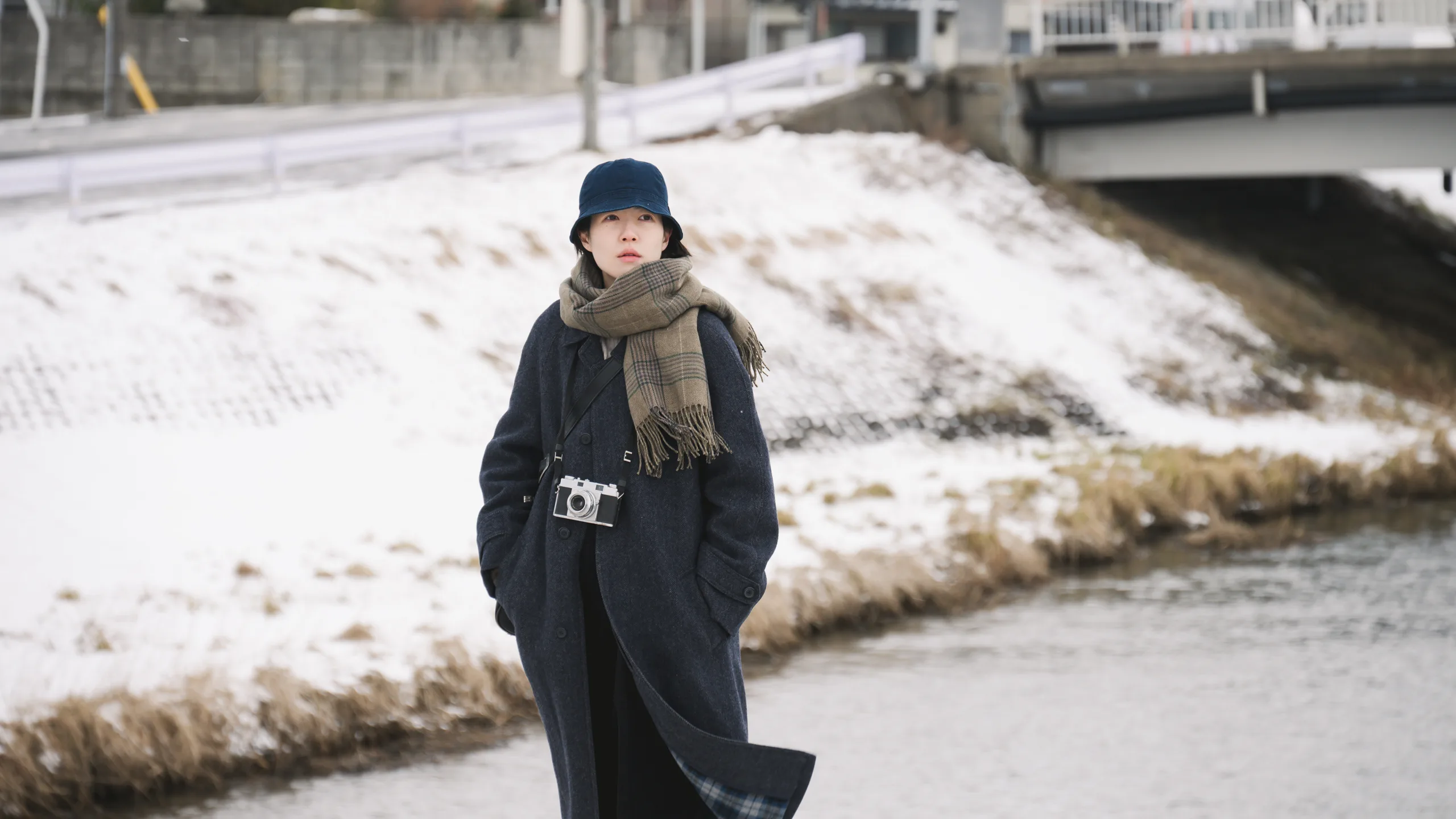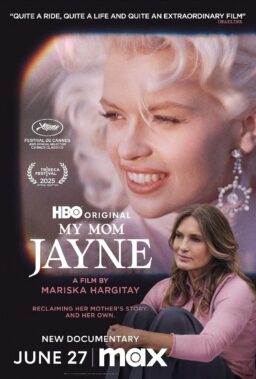Memory is a funny thing. It can form and unwind us, ground and unmoor us. It can also trick us, probably because it’s so aligned with the fluidity of time. In this latest Locarno dispatch, there are three films that consider the effect of time and memory as a creative tool, a language, and a method for human connection. And, in a way, each movie is about how film can act as a tangible means to retain memory and control time.
Few directors working today are as perceptive about the toll of loneliness and the desire for human connection as Shô Miyake. In his idiosyncratic boxing movie “Small, Slow But Steady,” for instance, he follows a hearing-impaired female pugilist who finds support in her elderly trainer. In “All The Long Nights,” a woman battling PMS strikes an unlikely friendship with a man often stricken by panic attacks. His latest, “Tabi to Hibi,” aka “Two Seasons, Two Strangers,” which had its World Premiere in Locarno’s Concorso Internazionale section, winning the prestigious Pardo d’Oro (Golden Leopard), similarly finds him focusing on an isolated woman searching for the words that’ll help end her solitude.
Based on Yoshiharu Tsuge’s manga Mr. Ben and his Igloo, A View of the Seaside, “Tabi to Hibi” also sees Miyake pulling off what’s become a magic trick for him: The first half of the film isn’t the primary narrative. In this case, Miyake makes that point quite literally. For the opening 45 minutes, we are watching a film within a film. It’s about Nagisa (Yumi Kawai) and Natsuo (Mansaku Takada), two lonely young people who quickly go from being strangers to finding solace in each other during their summertime dates at the beach. The vibrant photography of this paradisal seaside drapes every scene in hues of blue and green, while the editing remains meditative yet brisk. Miyake doesn’t hide that this movie isn’t real. He often cuts back to Li (a moving Shim Eun-kyung), the screenwriter, as she’s in the act of penning what we’re watching. But just when it feels like we’ve gotten the gist of this metatextual exercise, Miyake turns the film upside down.
The soulful second half of “Tabi to Hibi” moves away from the film-within-a-film device to focus on its devisor. We learn that Li took this screenwriting job for hire, and now she’s burned out and dealing with the aftermath of a sudden tragedy. She leaves the city for the snowbound woodland mountains (Miyake displays a wonderful sense of place in this setting), staying in a deserted inn operated by Benzo (a restrained Shinichi Tsutsumi), who, despite his gruff appearance, understands Li’s hard loneliness.
There is a quiet kindness that arises from Li and Benzo’s friendship, made all the more potent by Miyake’s tonal discipline. This film neither takes a melodramatic turn nor runs headlong toward its unassuming, yet devastatingly poetic ending. It’s measured and attuned to two taciturn characters who hope they can still write the next chapter of their lives. By the time the ending sneaks up on you, you feel as though you’d like to spend three hours in this world. Because Miyake’s style is so refined, he now feels like the kind of comfort watch you need to remember the life that’s still waiting out there.

In Nicolas Graux and Trương Minh Quý’s sensorial documentary “Hair, Paper, Water…” or “Tóc, giấy và nước…,” an elderly woman living in a small Vietnamese village recounts how she was born in a cave, grew up there, and is now, for the first time, heading to Saigon to care for her new grandchild. This new child isn’t her first. In fact, she has several. She teaches many of them her language, Rục, which, like many native tongues around the world, needs the next generation to keep it alive.
Observationally rich and overwhelmingly beautiful, the Cineasti del Presente winner “Hair, Paper, Water…” follows her pursuit with the kind of handmade intimacy that recalls Jonas Mekas. Graux and Quý, who previously co-directed the short “Porcupine” (2023), document her journey using a vintage Bolex camera and 16mm Kodak film. Often, the camera shakes and shimmies, not unlike a home movie. Quý also shares a built-in rapport with this woman—she was the subject of his pre-“Viet and Nam” film “The Tree House”—and is able to capture unassuming familial moments, such as the grandmother and her grandson sleeping in a rowboat or the bringing together of three sisters for a portrait.
Similar to “The Tree House,” “Hair, Paper, Water…” is a film about remembrance. Because not only is she teaching her grandchildren the Rục language. She’s also teaching us. In the first third of this tight 71-minute film, she recites the names of animals and insects, sometimes playfully mimicking their sounds. In the next third, she explains landscapes and then the elements that sustain life. She also teaches us about the local medicinal plants, which can remedy anything from sprained joints to COVID. With these lessons also come moments of sensorial bliss: the sound of bats flapping, rain dripping, and trees falling, form the second language of her people.
On top of the environmental elements documented in “Hair, Paper, Water…,” Graux and Quý also make note of the economic inequality within Vietnam. There is a billboard that reads, “Reducing poverty is the responsibility and duty of the people themselves.” Many in the city are factory workers who aren’t earning a livable wage, relying on family help to subsist. In this way, “Hair, Paper, Water…” shows that even in a modern world, the knowledge of language and the sense of community that binds us to the past may ultimately guide us toward the future.

In Naomi Kawase’s overworked existential drama “Yakushima’s Illusion,” Dr. Corry (Vicky Krieps), a French coordinator of pediatric heart transplants based in Japan, experiences loss in both her professional and personal life. The former is born from the many children she looks after who are awaiting an organ in a country like Japan that treats such procedures as culturally taboo. The latter occurs because of a whirlwind romance with the free-spirited photographer Jin (Kanichiro). Although both threads are intended to work in synergy, they often conflict with each other, with the grounded medical narrative ultimately prevailing.
Kawase’s adept use of cameras and film stock often gets the best of her in “Yakushima’s Illusion,” making it one of those cases of ‘just because you can do it, doesn’t mean you should.’ The opening, for instance, is a flurry of nature montages—a well she will hit far too often in the non-linear film’s many transitions between narratives and years—that involve drones sweeping across seas and climbing over mountains. A backlit kiss between Corry and Jin punctuates the florid opening before launching us into a film that spontaneously careens through the events of the last three years: Corry meeting Jin during a nature retreat, their eventual relationship, and their aching breakup. All the while, Kawase switches from digital to film in a way that doesn’t ground us in Corry’s emotional tumult but zaps it of rhythm and feeling.
Sometimes it’s as though Kawase is aware of the film’s romantic shortcomings, mostly because the film skirts around Jin being a Johatsu (people who purposely disappear from their lives). Instead, Kawase relies on flashbacks to fill in the blanks of two characters who appear symmetrical to each other in terms of their respective tragedies and longing for human connection, but are spiritually distinct. These moments of looking back, unfortunately, only bog down the film, causing Krieps to shoulder too heavy a load.
Conversely, scenes relying on the pain of parents unable to protect their children from their hearts failing have a surer aim. Part of that is inherent; what person isn’t deeply affected by the sight of an anguished mother or father? The actors, some of whom are only appearing for one scene, and therefore must tap into complex emotions with little scene time to background those feelings, also have a strong hand in landing these moving movements. More importantly, Kawase’s direction becomes less expressive and more to the point, allowing the movie’s sense of grief and longing to organically take place.
When “Yakushima’s Illusion” isn’t dabbling in the metaphysical, it’s quite overwhelming. How can we face death? And how do we accept that we must live on when others have perished far before their time? “Yakushima’s Illusion” is best when confronting those difficult questions, which makes you wish it didn’t find the need to provide any answers.












